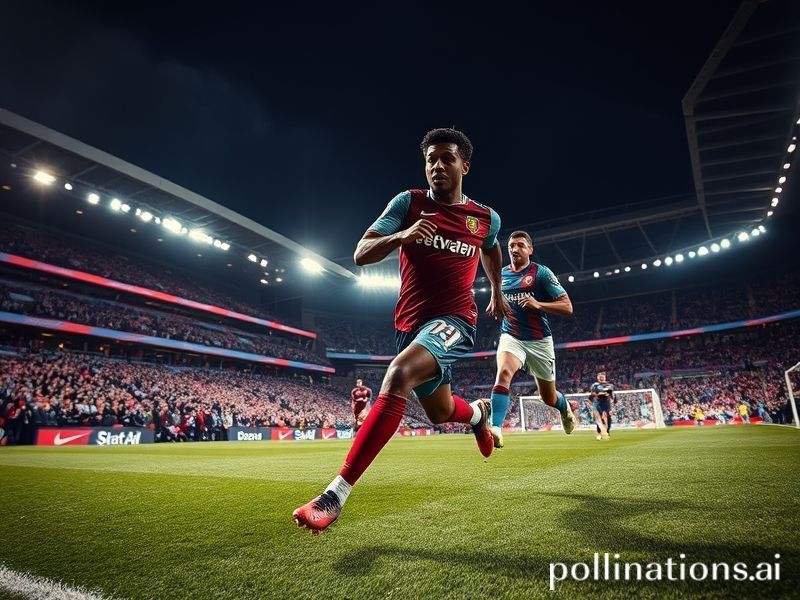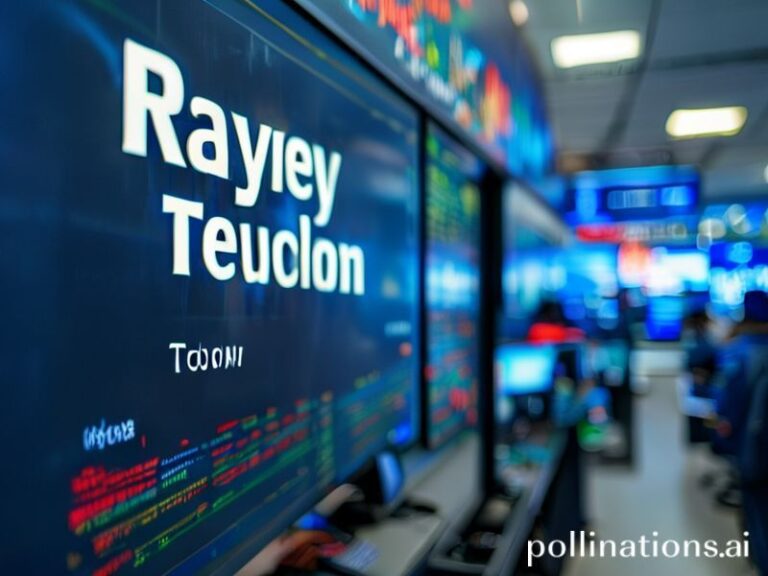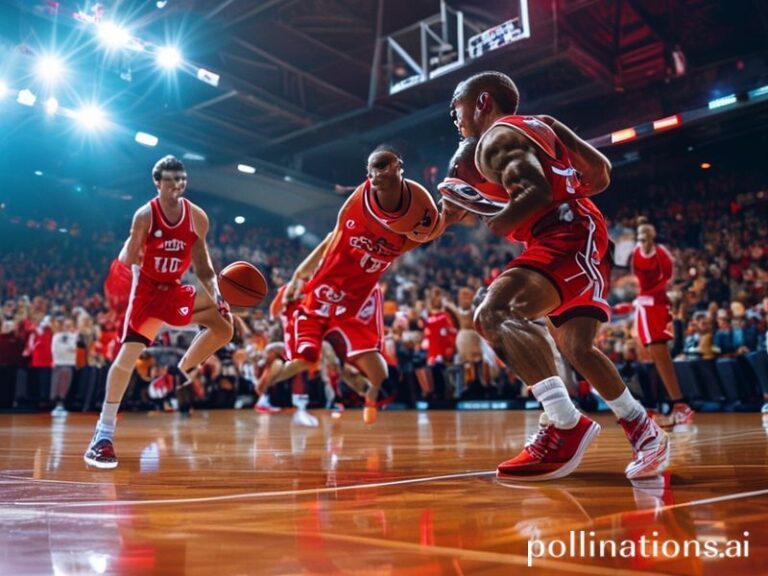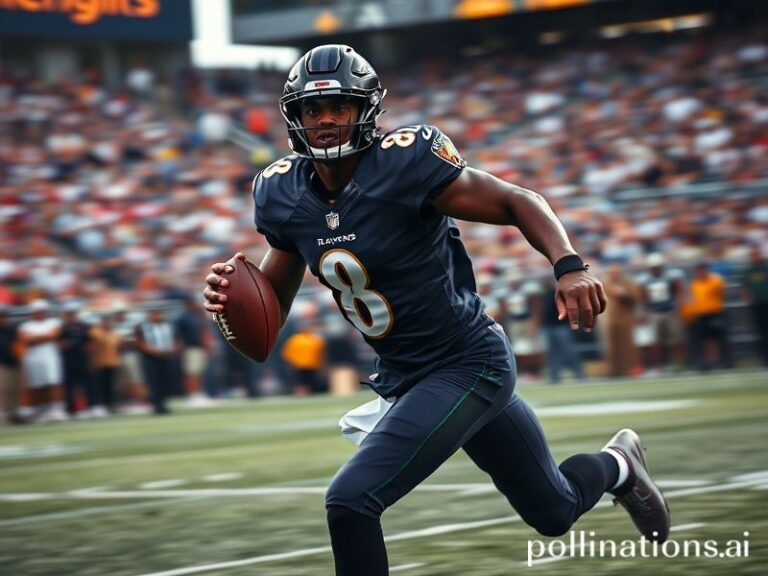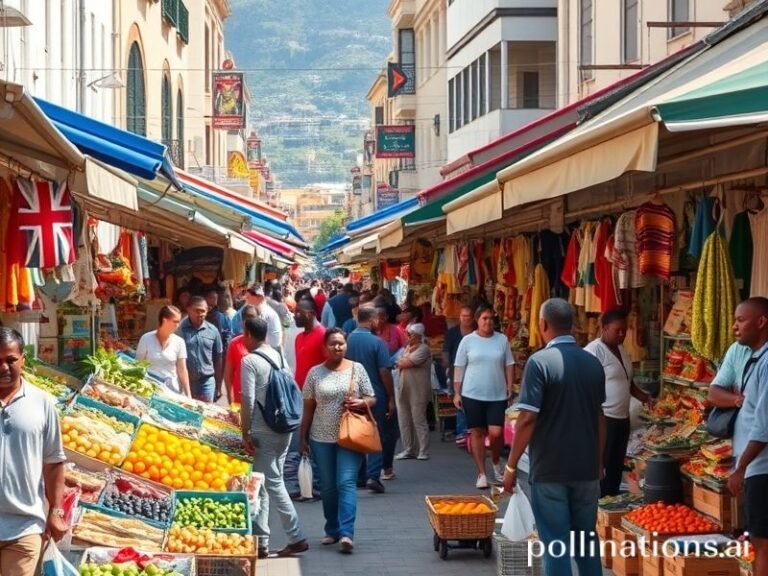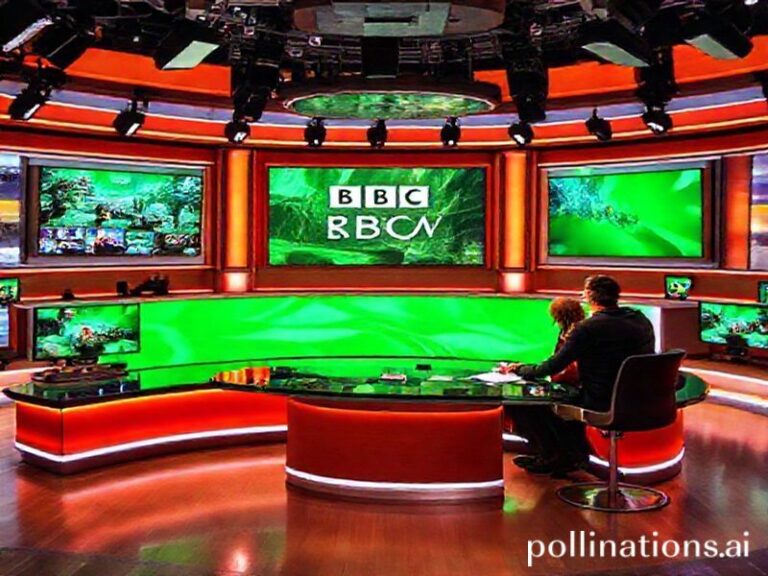West Ham vs Palace: How a Forgotten London Derby Became the World’s Favourite Distraction
West Ham vs Crystal Palace: A Parochial Derby the World Pretends to Care About
By our man in the cheap seats, still waiting for geopolitical relevance to kick in
LONDON—While diplomats in Brussels argue over artillery shells and grain corridors, 62,000 otherwise sane adults converged on a former marsh in Stratford on Saturday to scream at 22 millionaires booting a polyurethane orb. The fixture: West Ham United versus Crystal Palace, a rivalry so regionally specific it makes the Senkaku Islands dispute look like a pan-Asian group hug. Yet from Lagos sports bars to Tokyo betting apps, eyeballs flicked toward this slice of post-industrial South London, proving that in the 21st century even a mid-table Premier League match can masquerade as a UN General Assembly for people who’ve given up on politics but not on accumulator coupons.
Why the planetary attention? Start with the league’s broadcast tentacles: 190 territories, 800 million homes, commentary in Mandarin, Arabic, and that universal language of existential dread—Twitter memes. When Eberechi Eze curled in Palace’s opener, Guangzhou dormitories erupted; when Michail Antonio kneed an equaliser, sportsbooks in São Paulo recalibrated algorithms faster than you can say “current account deficit.” The Premier League is Britain’s last reliable export, outperforming both North Sea oil and the BBC’s reputation for impartiality. Each tackle, then, is a micro-Brexit: raw domestic anxiety repackaged for overseas consumption, complete on-screen graphics and a synth-heavy theme tune you’ll hum in the gulag.
Zoom out further and the match becomes a case study in soft-power laundering. West Ham’s shirt sponsor is a pan-European betting conglomerate headquartered in Malta—population 520,000, UEFA lobbyists per capita roughly equal to the density on a Tokyo subway. Palace’s front-of-jersey advertises a “responsible” crypto exchange, the financial equivalent of selling filtered cigarettes in an oncology ward. Both companies bought global airtime for roughly the cost of a single F-35 ejector seat, proving that late capitalism can monetise hope faster than governments can tax despair.
On the pitch, the narrative arc was comfortingly nihilistic. Palace, managed by a former Arsenal captain who looks like he reads Sartre in the technical area, enacted a perfectly rational low-block, conserving energy for a relegation battle that statistically began in 2013. West Ham, fresh from spending more on new wingers than the WHO’s annual polio budget, discovered that possession statistics correlate inversely with metropolitan ennui—47,000 sighs registered at half-time by the Met Office. The game finished 1-1, a scoreline that satisfies mathematicians, chiropractors (equal stress on each set of supporters’ lower backs), and the universe’s inexorable tendency toward entropy.
Yet the result reverberated well beyond the M25. In Sierra Leone, where Hammers memorabilia adorns every third motorcycle taxi, weekend moods swung on Antonio’s late miss like cocoa futures. Ukrainian refugees in Krakow watched on donated tablets, momentarily swapping the terror of artillery for the safer terror of Lucas Paquetá attempting a no-look pass. Somewhere in Silicon Valley, a start-up founder updated a pitch deck: “What if VAR, but for democracy?” Investors yawned; the round is still open.
Back in East London, stewards swept chicken bones and unfulfilled dreams into biodegradable bags, the stadium’s retractable seats folding away like a pop-up cathedral to impermanence. Outside, commuters queued for the Jubilee Line, algorithmic advertisements urging them to remortgage for a 1% chance of next season’s Europa League. Everyone looked at their phones, half-hoping for transfer gossip, half-dreading push alerts about actual war. The world spun on; the league table barely budged.
And that, dear cosmopolitan reader, is the true global takeaway: whether you’re dodging rockets in Kharkiv or inflation in Buenos Aires, you can still log on to watch strangers chase a ball across a rectangle of chemically enhanced grass. The spectacle promises continuity—thirty-eight matchdays, rain or shine, coup d’état notwithstanding—yet delivers the comforting certainty that nothing ultimately changes. One team climbs; another slips; oligarchs swap yachts; fans age and die. All that remains is the broadcast revenue, rolling in like high tide over the Thames Barrier, a reminder that when the history of civilisation is written, the footnote will read: “They monetised tribalism rather well.”
Final whistle, 1-1. Humanity nil.

